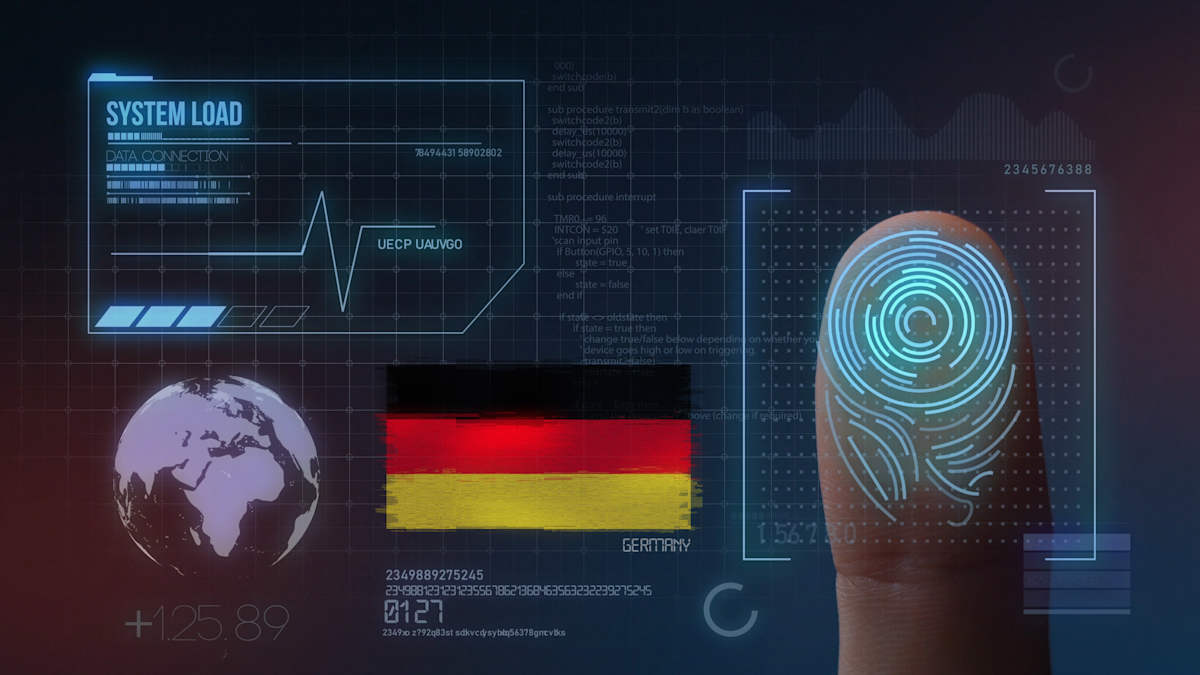A study reveals that just 35% of adult Germans have registered for their electronic identity, even though the country has provided eID functionality since 2010.
A recent study conducted by [1] the Max Planck Institute for Innovation and Competition in Munich reveals that 6% of the population is unaware of the existence of [2] electronic identification or eID functionality. The research indicates that the lowest levels of eID activation are among women and older individuals. Conversely, the highest activation rates are observed among men, younger demographics, urban residents, those with high school diplomas, Germans with a migration background, and foreign nationals. “Fifteen years after the first eID-eligible identity cards, it becomes apparent that the usage rates of the electronic identity card fall short of expectations,” says the study.
A recent survey conducted in collaboration with market research firm GfK reveals that Berlin boasts the highest rate of eID activation among federal states in Germany, whereas Saarland, the country's smallest state, recorded the lowest. The study engaged over 2,000 German-speaking participants. Researchers suggest that the government should implement a targeted strategy aimed at demographic groups exhibiting low activation levels. However, simply enhancing the appeal of eID for women and seniors may not be sufficient to significantly boost its adoption across the country. Germany's federal government has unveiled plans in 2024 to roll out a state digital identity wallet as part of [3] its EUDI Wallet initiative
“Adults who have a legal background (have studied law or work in a legal field), are entrusted with administrative activities, follow trends and new developments with interest, have passed their high school diploma, have a migration background and live in cities, have activated the eID function significantly more often. All other things being equal, Berliners have activated the eID most often. Income and employment status have no influence.Women and older people in particular have activated the eID much less often,” the report concluded. The implementation of this project involves several agencies, including [4] the Federal Agency for Disruptive Innovation or SPRIND, which has initiated a competition to develop prototypes for the EUDI wallet tailored to German users.
The German government aims to enable non-state entities, including companies, foundations, and research institutions, to develop their own EUDI wallets. In support of this initiative, the Ministry of Interior [5] held an online consultation on the architecture of the EUDI Wallet.”The aim of the consultation process is to actively work with various interest groups, to take their concerns into account and thus to include as many perspectives as possible in the development. This not only guarantees a high degree of transparency, but also ensures a high level of user-friendliness and acceptance of the EUDI wallets that will be created later,” said the Ministry of Interior.
In May 2024, SPRIND announced [6] the selection of 6 companies to take part in its competition aimed at developing prototypes for the EUDI Wallet, backed by government funding. In the SPRIND Funke, six teams will now receive funding to implement and prototype their innovative ideas based on the architecture concepts for a wallet app. Each team will develop at least one wallet app for Android or iOS and make it available for testing together with the necessary background systems. In particular, the SPRIND innovation competition is intended to address critical challenges in designing an EUDI wallet for users in Germany,” said the press release.
